On March 6, Reuters news agency reported that account holders of the Facebook and Instagram social networks owned by Meta Group were able to use them again, after these social networks stopped working for more than 2 hours due to technical problems, affecting hundreds of thousands of users worldwide.

Meta Stocks Drop
According to several accounts on social network X, as recorded by Reuters, the incident occurred at around 15:00 GMT on March 5 (22:00, Vietnam time). At that time, Facebook and Instagram accounts were suddenly logged out and could not be logged back in. According to statistics from the website Downdetector.com, which specializes in monitoring outages, at the peak of the incident, there were more than 550,000 reports of Facebook outages, while the number for Instagram was 92,000.
“There was a technical issue that caused people to have difficulty accessing some of our services. We have resolved the issue for those affected,” Meta spokesperson Andy Stone said in a statement about the outage on social network X, without specifying what the issue was. Other social networks owned by Meta, WhatsApp and Threads, also experienced similar, but less severe, issues, according to Downdetector.
According to CNN, outages of major platforms (which rarely happen) are usually the result of a “benign” incident, such as a software update. In 2021, Facebook, Instagram, and WhatsApp were down for nearly six hours, an incident that Meta assured users was not caused by “malicious activity.” Most recently, late last month, users of the US telecommunications network AT&T (which has 100 million customers) also experienced a network outage, leaving many customers unable to make calls, send messages, or access the internet. The incident prompted several US security agencies to investigate whether there was a cyber attack. However, a few hours later, AT&T announced that it had fully restored its services.
Meanwhile, the White House said it was continuing to monitor the Meta outage. According to The Guardian, the incident coincided with the Super Tuesday elections, when millions of Americans went to the polls to vote for Republican and Democratic presidential candidates. A spokesperson for the US Cybersecurity and Infrastructure Security Agency said: “At this time, we are not aware of any connection to the election or any specific malicious activity.”
According to the Daily Mail, Meta's stock price fell 1.5% in the afternoon trading session on March 5 (US time). Quoting Mr. Dan Ives, CEO of Wedbush Securities, Daily Mail, said billionaire Mark Zuckerberg lost about 100 million USD after just nearly 2 hours of Meta's social networking platforms having problems. Mark Zuckerberg's net worth decreased by 1.56% (equivalent to a decrease of 2.7 billion USD). Currently, the Meta boss is holding 171.9 billion USD and is the 4th richest person in the world.
Cyber attacks cause huge damage
While the cause of Meta's outage remains unclear, cyberattacks continue to occur around the world. Most recently, on March 5, Canada's Financial Intelligence Unit FINTRAC, which monitors illegal banking transactions, announced that its system had been temporarily suspended due to a network incident since last weekend. Although the details of the incident are unclear, FINTRAC said it is working closely with federal partners, including the Canadian Cyber Security Centre, to protect and restore the system's operational status.
FINTRAC is the Financial Transactions and Reports Analysis Centre (a Government of Canada agency), established to detect and investigate money laundering and similar crimes. The targeting of the agency is the latest in a series of recent cyberattacks on Canadian federal agencies, following a cyberattack on the Canadian Police Force (RCMP) late last month.
Cyberattacks are always devastating. According to Cybersecurity Ventures, the cost of cyberattacks in 2023 is estimated at $8 trillion. According to the International Monetary Fund’s World Economic Outlook 2023 report, global GDP in 2023 is $105 trillion. Thus, the cost of cyberattacks in 2023 is expected to account for 8% of the world’s GDP. Research institutes, NGOs, and universities remain top targets, as threat actors appear to still see them as easier initial entry points to gain insight into a country’s policy or science and technology community.
Common forms of cyber attacks include: identity theft, phishing, malware, corporate email compromise, and denial of service attacks. It can be said that cyber security is becoming increasingly important in the context of increasing cyber threats.
MINH CHAU synthesis
Source




![[Photo] Visiting Cu Chi Tunnels - a heroic underground feat](https://vstatic.vietnam.vn/vietnam/resource/IMAGE/2025/4/8/06cb489403514b878768dd7262daba0b)



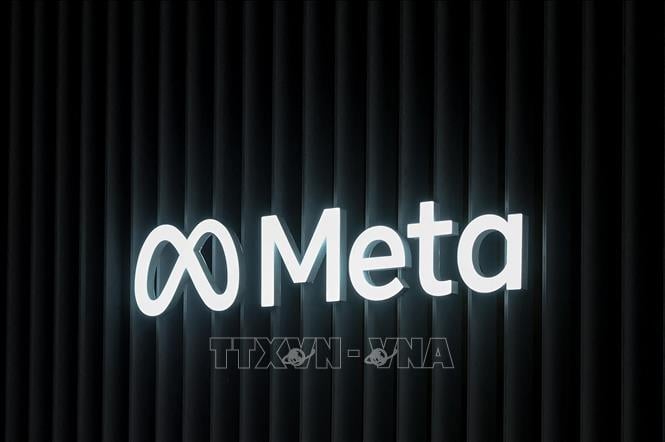





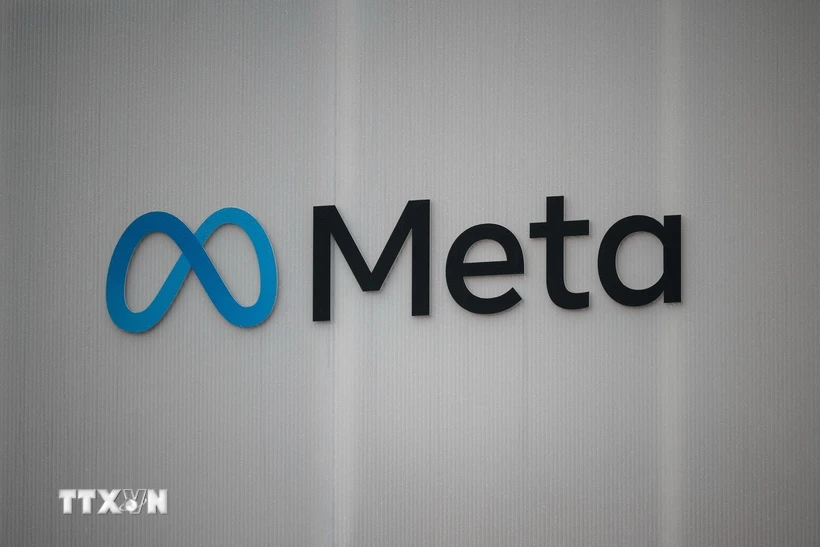

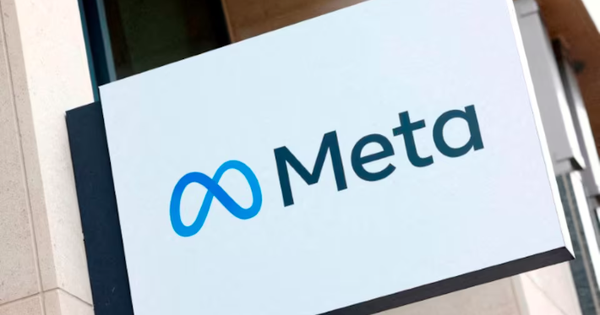

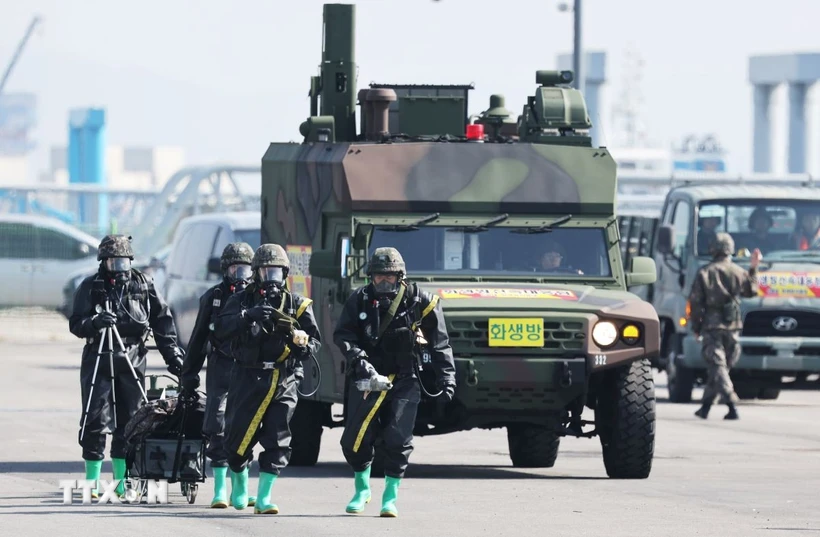


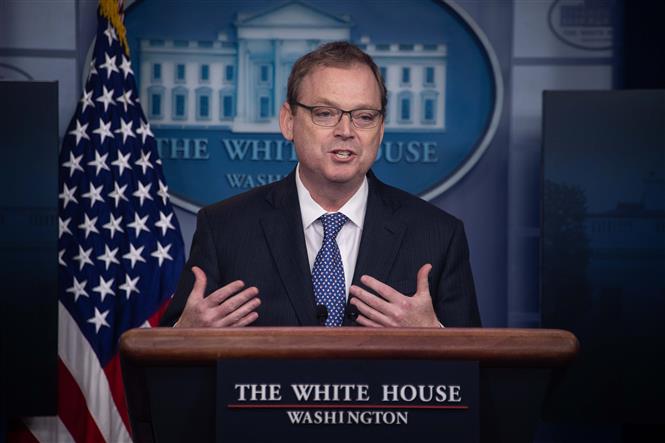








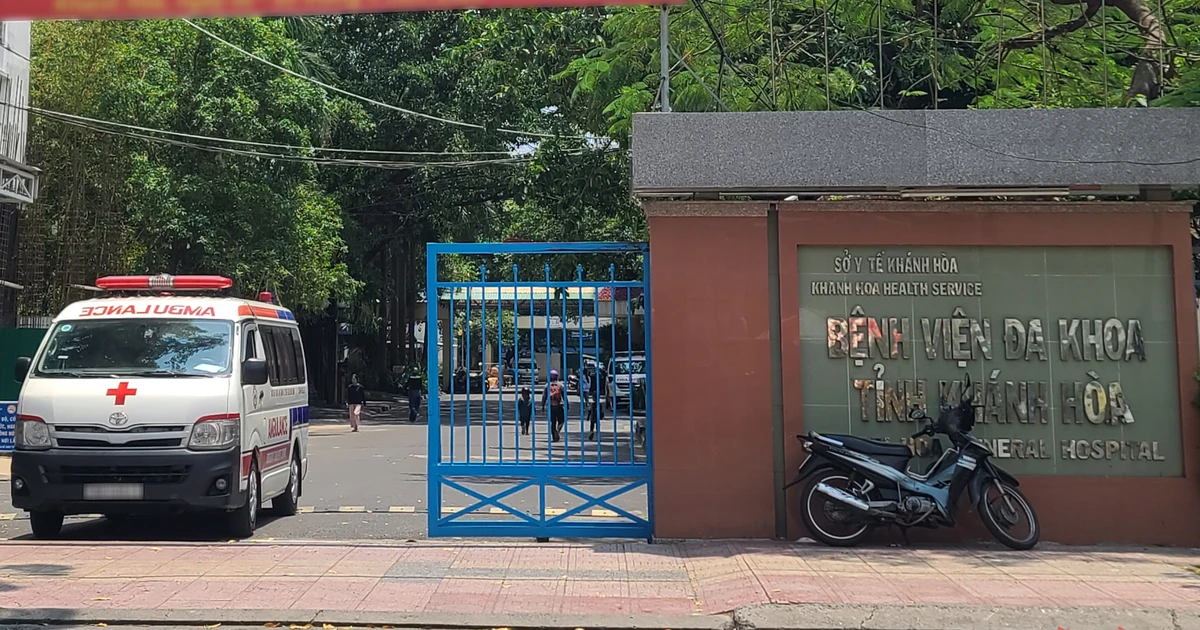































































Comment (0)